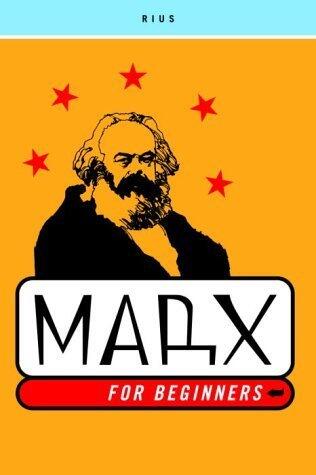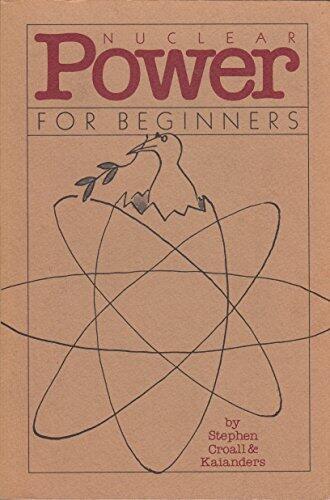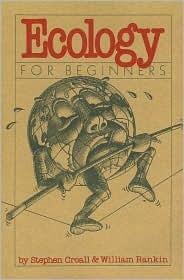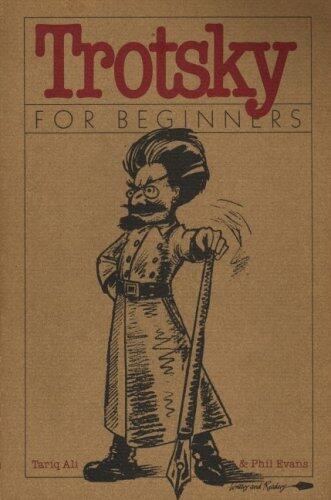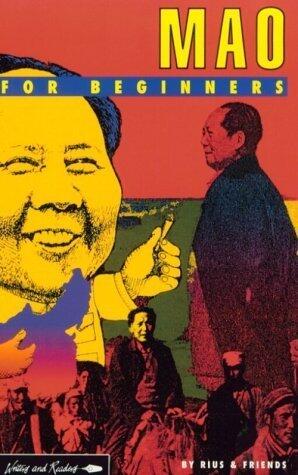
Mao for Beginners
بواسطة
Richard Appignanesi
لا توجد تقييمات بعد
تنسيق
غلاف ورقي
صفحات
176
لغة
الإنجليزية
منشور
Jan 1, 1993
الناشر
Writers & Readers
رقم ISBN-10
0906386071
رقم ISBN-13
9780906386071
الوصف
Mao for Beginners offers an accessible overview of the complex ideas and philosophies associated with Mao Zedong and his influence on communist thought. Through engaging illustrations and a straightforward narrative, the authors break down the key tenets of Maoism, making it comprehensible for readers unfamiliar with the topic.
The book delves into Mao's life, exploring his early influences and the socio-political context of China that shaped his revolutionary path. It sheds light on the Cultural Revolution and its implications, providing a nuanced understanding of how Mao's ideas evolved over time and affected millions.
Rich in detail yet easy to digest, it examines Mao’s concepts such as proletarian revolution, guerilla warfare, and the importance of rural peasants in a socialist framework. The authors aim to contextualize Maoist ideology within the broader landscape of political movements, encouraging readers to critically engage with its historical significance.
Ultimately, the work serves as an introduction not only to Maoist thought but also to broader discussions about communism and revolutionary theory, inviting readers to reflect on the lasting impact of Mao's ideas in contemporary politics.
The book delves into Mao's life, exploring his early influences and the socio-political context of China that shaped his revolutionary path. It sheds light on the Cultural Revolution and its implications, providing a nuanced understanding of how Mao's ideas evolved over time and affected millions.
Rich in detail yet easy to digest, it examines Mao’s concepts such as proletarian revolution, guerilla warfare, and the importance of rural peasants in a socialist framework. The authors aim to contextualize Maoist ideology within the broader landscape of political movements, encouraging readers to critically engage with its historical significance.
Ultimately, the work serves as an introduction not only to Maoist thought but also to broader discussions about communism and revolutionary theory, inviting readers to reflect on the lasting impact of Mao's ideas in contemporary politics.
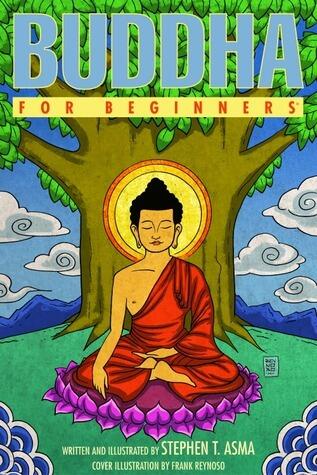

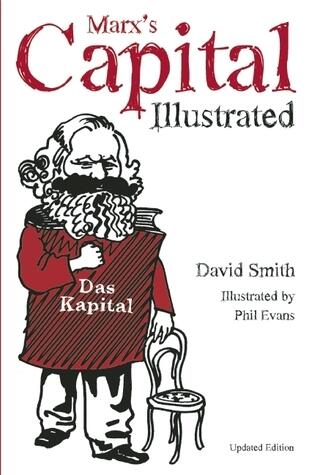


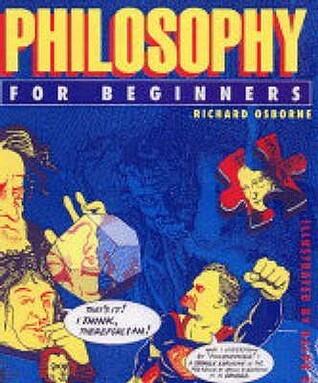
![Garcia Lorca: For Beginners [Paperback] [Jan 01, 2005] LUIS MARTINNZE CUITINO, DELIA CANCELA](https://images.bookpine.com/8c0da4a9-77d7-413d-9c9e-1e37e06b2610.jpg)

